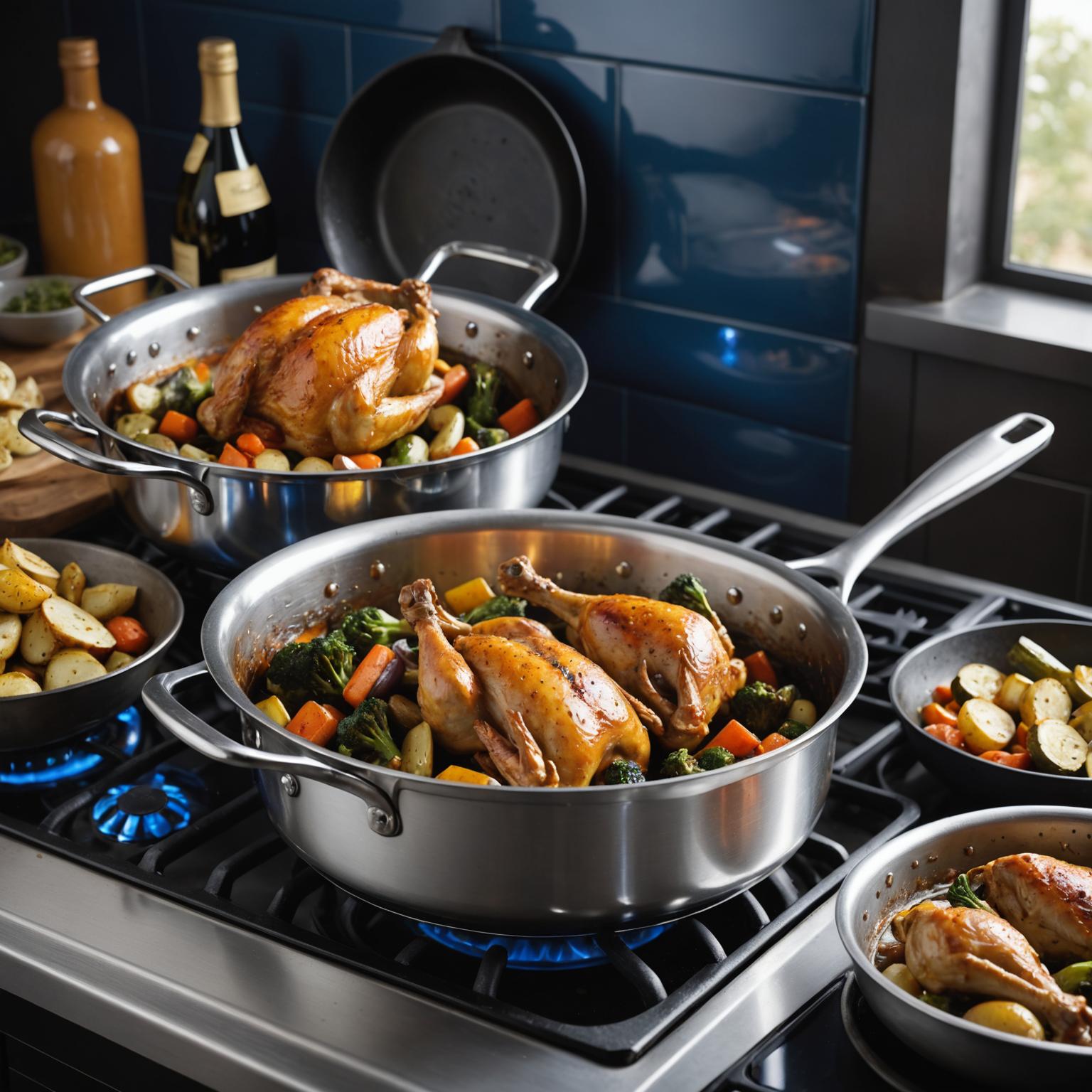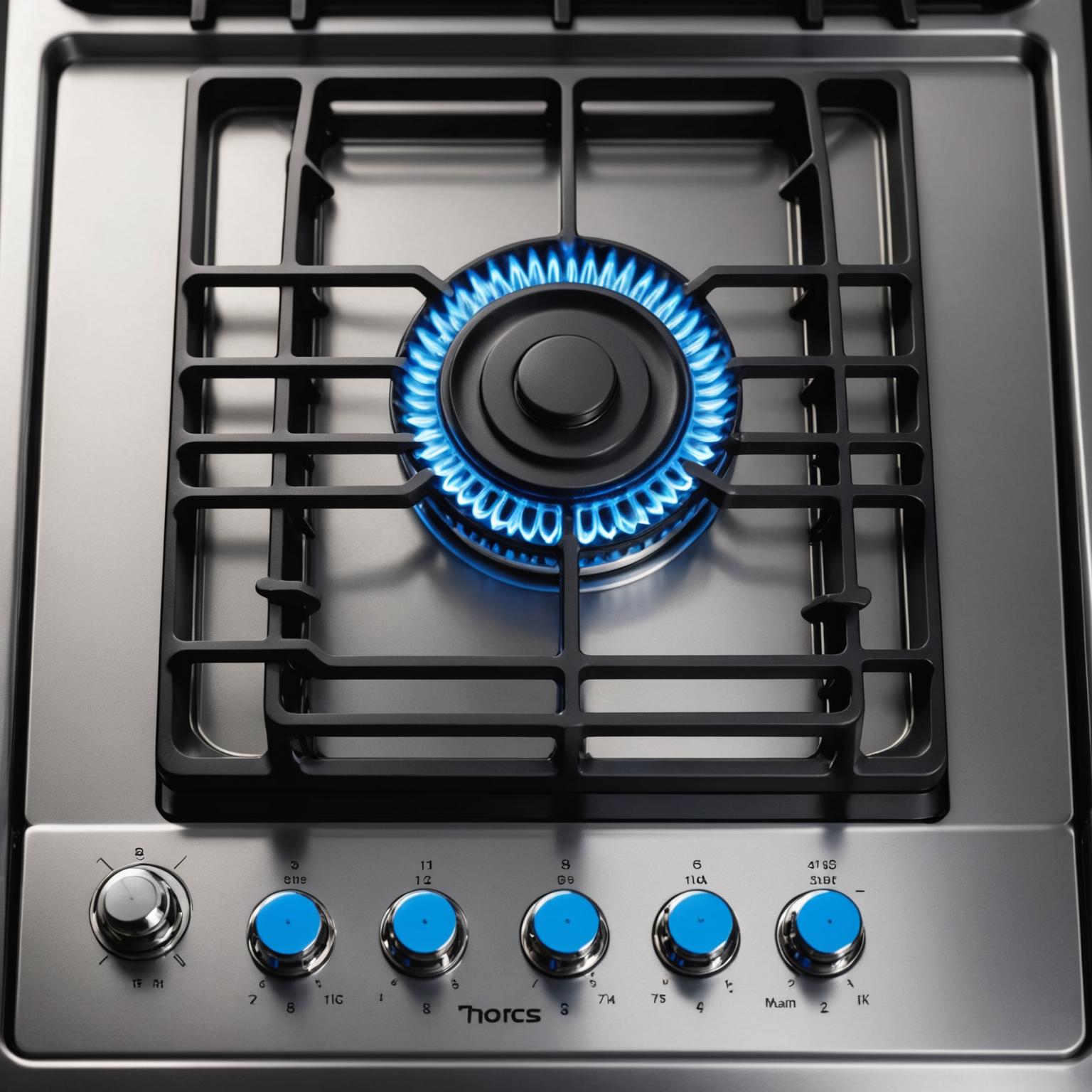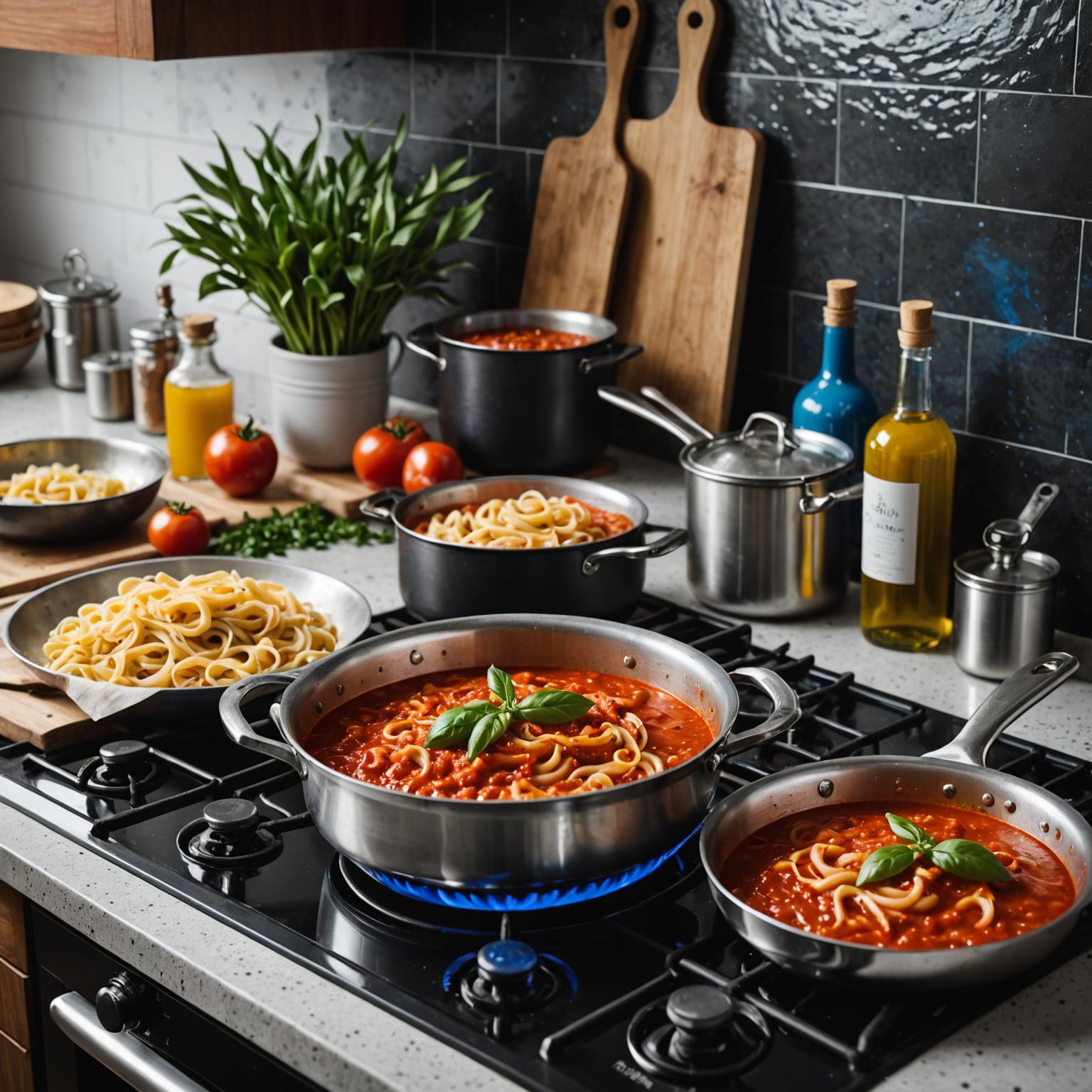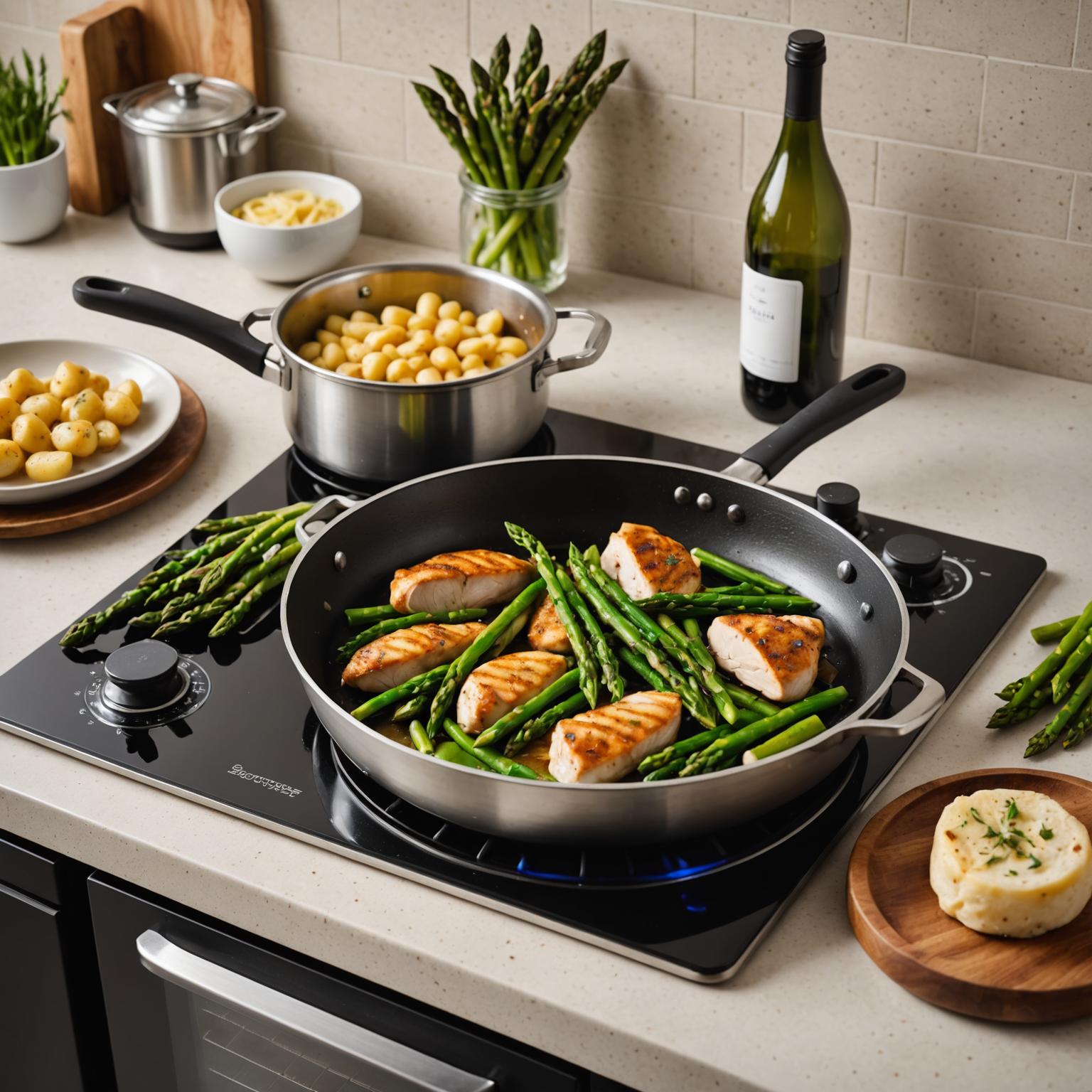Choosing the right kitchen appliance can significantly enhance your cooking experience, especially when space is a premium. The modern portable stove offers a fantastic solution for small apartments, dorm rooms, or as an extra burner for holiday feasts. However, the market presents a key choice: the traditional electric cooktop versus the modern induction cooktop. Understanding the differences between these technologies is crucial to selecting the best option for your culinary needs.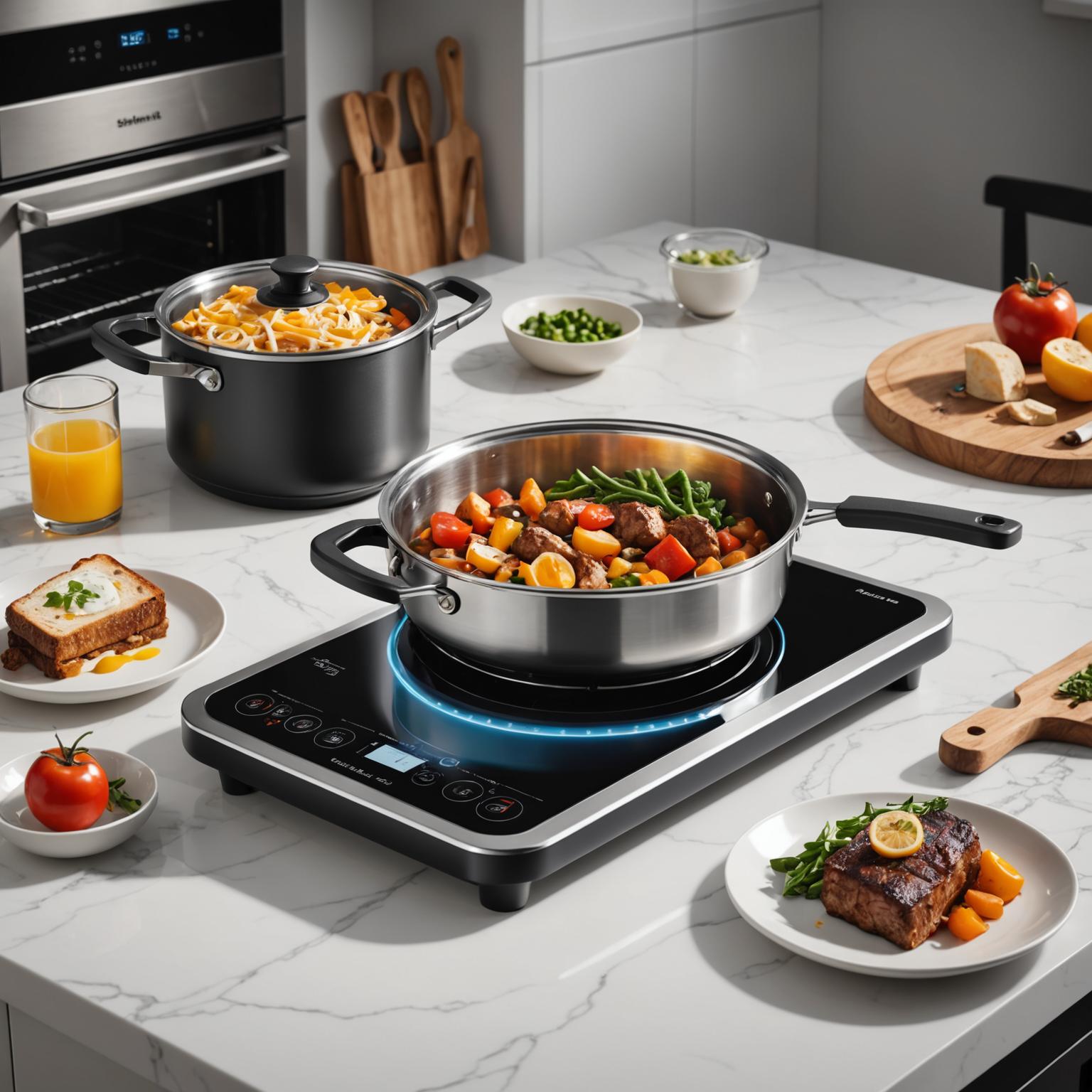
Understanding the Electric Portable Stove
The conventional electric portable stove is a familiar sight in many kitchens. These devices typically use either a coil heating element or a flat ceramic-glass surface that warms up to cook food. Their primary advantage is universality; they work with virtually any type of cookware, from aluminum and copper to glass and ceramic. This makes them a straightforward and often more budget-friendly choice for those who already own a diverse collection of pots and pans. However, they are not without drawbacks. Electric stoves take longer to heat up and cool down, meaning temperature adjustments are less responsive. The surface remains dangerously hot long after being turned off, posing a safety risk, and they tend to be less energy-efficient as heat is lost to the surrounding air.
The Innovation of the Induction Portable Stove
On the other side of the comparison is the induction portable stove, a marvel of modern cooking technology. Instead of using a direct heating element, an induction cooktop generates a magnetic field that directly heats the cookware itself. This process is incredibly efficient and provides almost instantaneous temperature changes. The result is a fast heating portable stove that can boil water in a fraction of the time it takes an electric counterpart. Furthermore, because the surface itself doesn't generate heat, it remains cool to the touch, dramatically increasing safety. These cooktops often feature sleek, easy-to-clean glass surfaces and precise digital controls, aligning with a modern kitchen aesthetic. The main consideration for an induction cooktop is the requirement for specific, magnet-compatible cookware, such as cast iron or stainless steel.
Speed and Efficiency: Electric vs. Induction
When it comes to performance, the difference is stark. The direct heating method of an induction cooktop translates to superior speed and energy efficiency. Because the energy is transferred directly to the pot, very little heat is wasted, making it a more environmentally friendly and cost-effective option in the long run. An electric portable stove, by contrast, must first heat its own surface, which then transfers heat to the pot through conduction. This indirect process is inherently slower and less efficient. For anyone who values quick meal preparation and precise temperature control, the superior performance of a fast heating portable stove based on induction technology is undeniable.
Choosing the Right Portable Stove for You
Ultimately, the choice between an electric and an induction portable stove comes down to your priorities. If your primary concerns are initial cost and the ability to use your existing, varied cookware collection, a traditional electric model is a practical and reliable choice. However, if you prioritize safety, speed, energy efficiency, and precise cooking control, investing in an induction portable stove is well worth it. While it may require purchasing some new compatible cookware, the benefits in performance and daily usability often outweigh the initial setup. Both technologies offer the convenience of portable cooking, but their methods, speed, and safety profiles present a clear choice for the discerning home cook.



